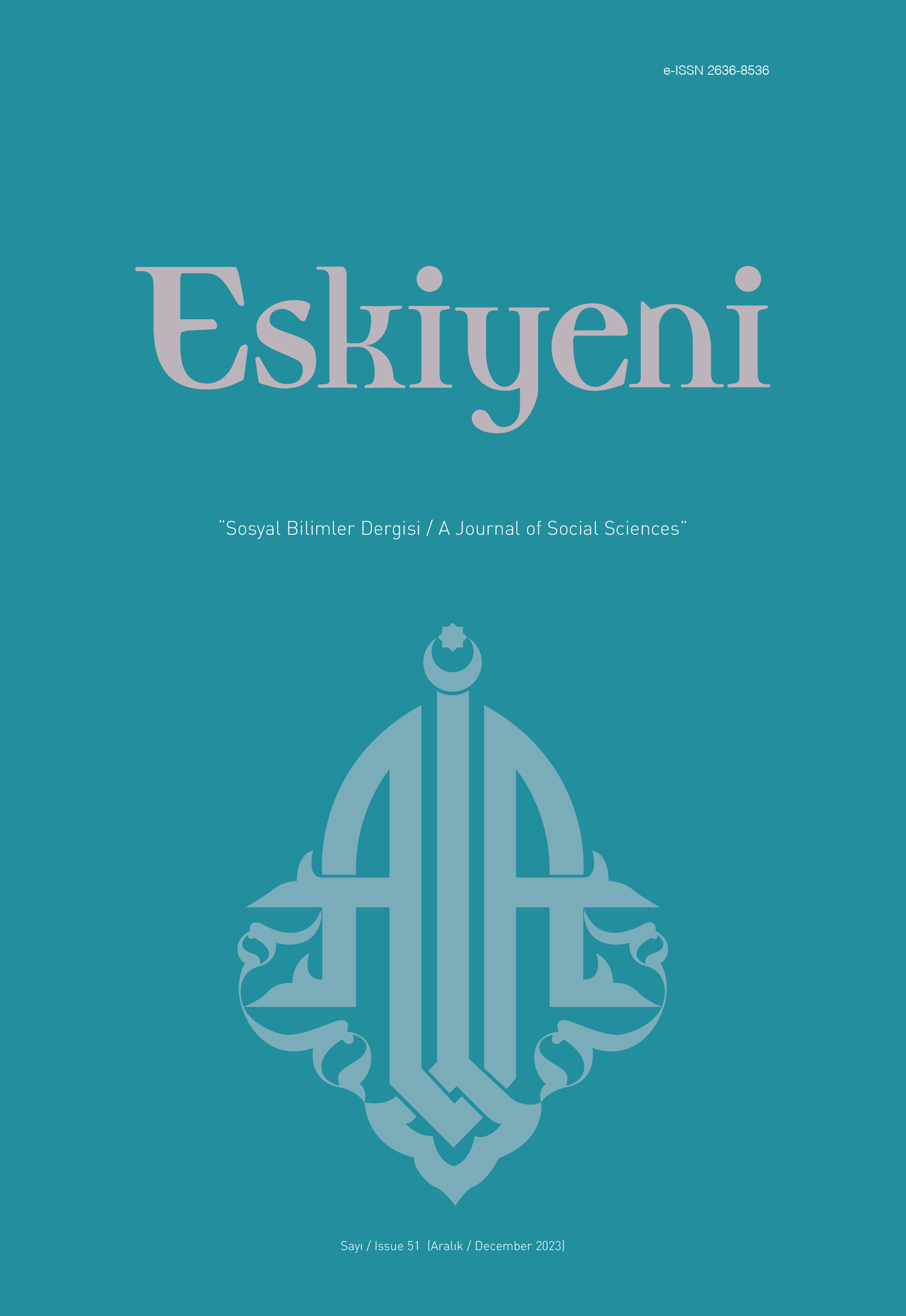Simulation Hypothesis and Theism: An Assessment in the Context of Multiverse
Simulation Hypothesis and Theism: An Assessment in the Context of Multiverse
Author(s): Aykut Alper YilmazSubject(s): Philosophy, Social Sciences, Theology and Religion, Philosophy of Religion
Published by: Anadolu İlahiyat Akademisi
Keywords: Philosophy; Philosophy of Religion; Simulation Hypothesis; Multiverse; Theism;
Summary/Abstract: Today, when plots, buildings and items in virtual universes are put up for sale, the question of whether the universes inhabited by real individuals can be produced is being debated. Many philosophers and scientists think that if technology continues to advance at its current rate, we will soon be able to produce universes similar to ours in the virtual environment. This point is the starting point of the famous simulation hypothesis. According to this theory, which many philosophers find reasonable, if we can produce virtual universes, it is highly probable that conscious beings in these universes can create their universes. But this situation also suggests the opposite: How can we be sure that we are not living in a simulation? Based on this argument, Nick Bostrom, an Oxford University philosopher, argues that we are almost certainly in a simulation. Because if most of the existing universes are simulations, it is much more likely that we are living in one of the virtual universes rather than the real one. Well, if the universe we live in is one of infinite universes and was brought into existence and designed by conscious beings in other universes, what would this mean for theism? From the perspective of classical theism, this universe was created and designed by God. For example, proponents of the cosmological argument claim that the universe had a beginning, while advocates of design proof argue that God designed this universe. Some assume that the idea that there are an infinite number of universes other than the one we live in is contrary to theism. Again, in many studies, we come across that the theory of multiverses is handled as an understanding of the universe in opposition to theism. While this study does not aim to defend the truth or falsity of the simulation hypothesis, it suggests that if this theory is assumed to be true, there will be no serious danger to theism. While doing this, the discussions in the context of the theory of multiverses and theism will be mentioned, and it will be argued that simulation universes do not contradict the existence of God.
Journal: Eskiyeni
- Issue Year: 2023
- Issue No: 51
- Page Range: 992-1006
- Page Count: 15
- Language: English

